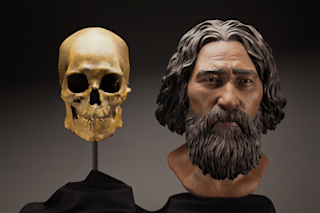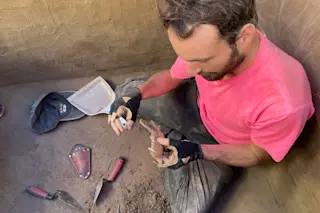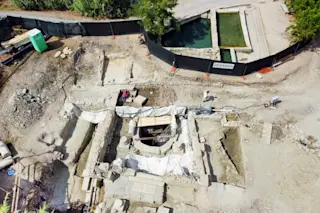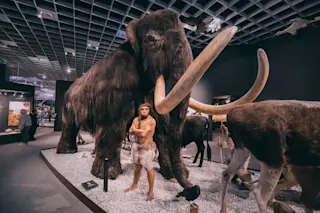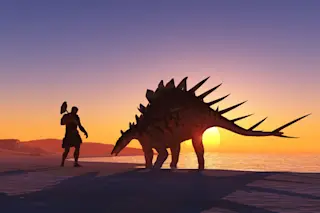This clay facial reconstruction of Kennewick Man was carefully sculpted around the morphological features of his skull. Credit: Brittney Tatchell, Smithsonian Institution A new study ends a nearly 20-year debate over whether a famous ancient skeleton is related to modern Native Americans. But the findings also open a new chapter in an equally long legal battle over who decides the fate of the remains.
The 8,500-year-old skeleton known as Kennewick Man has been stirring legal and scientific controversy since it was found on the banks of the Columbia River in Washington State in 1996. Five Native American tribes from the area claimed Kennewick Man as an ancestor and fought a legal battle to repatriate and rebury the remains. The tribes' claim was challenged by scientists who argued that, based on anatomical features, the skeleton was not Native American and continued research on it should be permitted. The courts sided with ...


